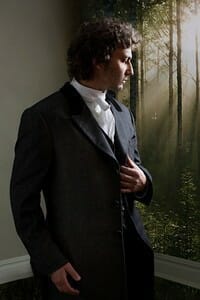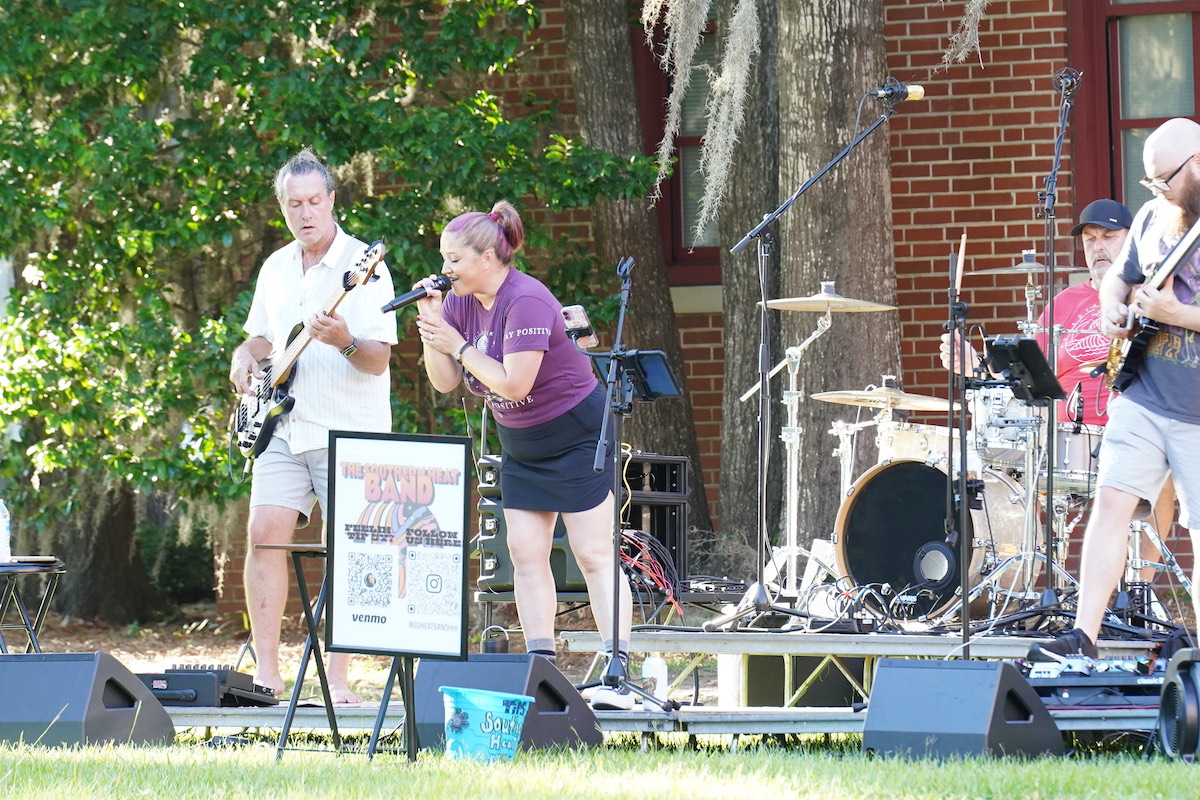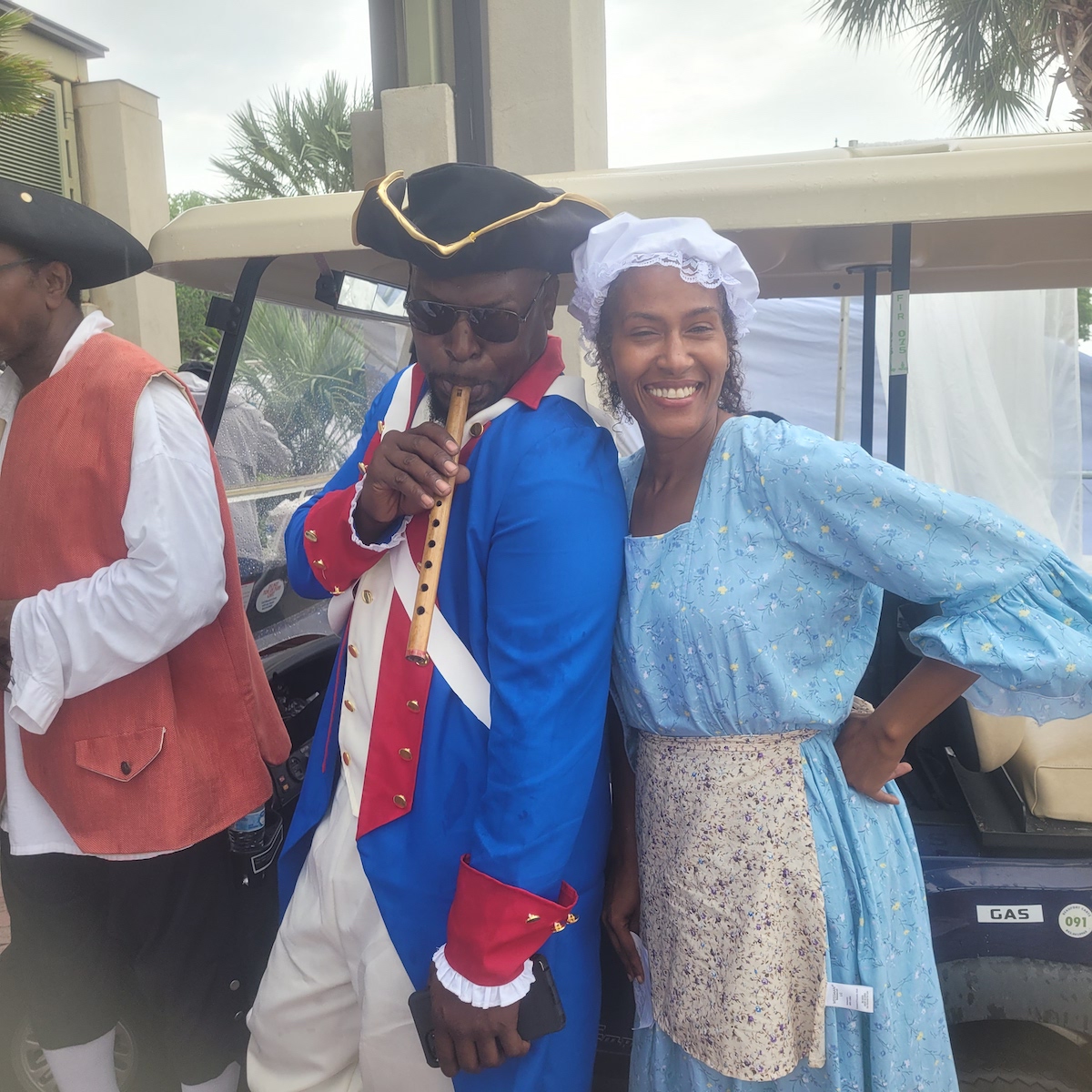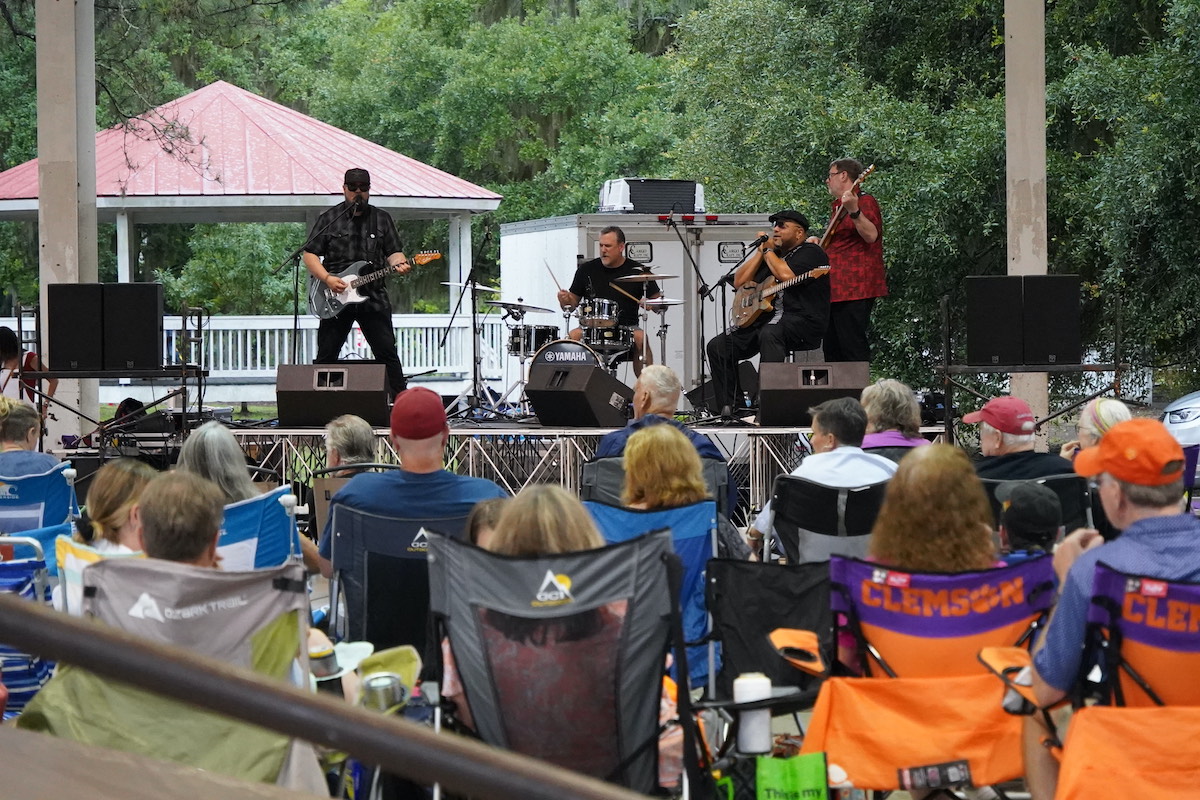By Alan Schuster
When the Opera Comique in Paris lived up to its name by declining to accept Jules Massenet’s “Werther” as being too melancholy for its joie-de-vivre patrons, the gloom-tolerant Viennese jumped at the opportunity and premiered it in 1892. Ten years later, after “Werther” had become the rage throughout most of Europe, the Comique finally laughed it off and added it to their repertoire. In the next 50 years it was performed there more than 1,300 times!

Sir Denis Forman, a refreshingly irreverent opera author, considers “Werther” to be one of the simplest stories in all of opera. He short-forms it this way: “It’s the one where a young poet falls in love with a girl who is about to marry someone else. He says that unless she leaves her fiance he will kill himself. She doesn’t. He does.”
Principal cast: Werther, a young poet; Charlotte, daughter of the Bailiff; Sophie, her younger sister; Bailiff, their father; and Albert, engaged to Charlotte.
Act I: The widowed Bailiff teaches his younger children a Christmas carol in July. Charlotte dresses for a ball. Since her intended, Albert, is away, she is escorted by the gloomy Werther who arrives and watches as Charlotte prepares her young siblings’ supper. He greets Charlotte and they leave for the ball. Albert returns unexpectedly after a long trip. Disappointed that she went to the ball with Werther, she is reassured and consoled by Sophie. He leaves after promising to return in the morning. Werther and Charlotte return very late, and he is now enamoured of her. His declaration of love is interrupted when Albert returns. To Werther’s despair, Charlotte recalls how she promised her dying mother she would marry Albert.
Act II: It is three months later, and Charlotte and Albert are now married. They walk happily to church, followed by the disconsolate Werther. Later, when Charlotte exits the church, he speaks to her of their first meeting. Charlotte begs him not to visit her again until Christmas Day. Werther contemplates suicide as he encounters Sophie, but the tearful girl does not understand his distressing behavior. Albert now realizes that Werther loves Charlotte.
Act III: Charlotte is at home alone on Christmas Eve. She spends time reading Werther’s letters to herself, wondering how the young poet is and how she had the strength to send him away. Suddenly Werther appears, and while he reads her poetry, he realizes that she returns his love. They embrace for a moment, but she quickly bids him farewell. He leaves, again with thoughts of suicide. Albert returns to find his wife distraught. Werther has sent a message to Albert requesting to borrow his pistols, explaining he is going on an extended trip. A servant is sent to deliver the pistols. Charlotte has a terrible premonition and hurries to find Werther. For the brief final act at Werther’s apartment, Charlotte has arrived too late. Werther is dying. She consoles him by declaring her love. He asks for forgiveness. After he dies, Charlotte faints. Outside children are heard singing a Christmas carol. This synopsis courtesy of Opera News.
Musical highlights
Act I: Werther: “O Nature, pleine de grace” (O nature, full of grace), expressing delight at the country atmosphere with a beautiful aria. Werther, Charlotte duet: “Il faut nous separer” (Our ways divide us). Werther declares his love for her in a fine example of Massenet’s many qualities as a gifted composer.
Act II: Werther: “J’aurais sur ma portrine” (I might have held her…) as he now knows that she is married to Albert. It’s fast and tuneful, but ends with his final cry of despair.
Act III: Charlotte: The letter scene. “Qui m’auriat dit” (Who could have told me…) finds her reading Werther’s earlier letters, bringing her to the verge of hysteria. This moving scene is almost as powerfully rich as Tatiana’s Letter Scene in “Eugene Onegin.” Charlotte: “Ciel! Werther!” she cries out upon his entry, leading to what is perhaps the best scene in the opera, as they express their mutual love. Werther: “Pourquoi me revellier? (Wake me not…), he asks himself after reading a poem to her about tragic love. Over time, this has become one of Massenet’s most popular arias. The brief final act — continued without an intermission — brings the lovers together before he dies.
Here are a few extractions from a February review of “Werther” by the Wall Street Journal’s Heidi Waleson, one of opera’s more distinguished critics. She calls Jonas Kaufmann’s third act aria “such a real cry of psychic pain that thunderous applause afterward felt like an intrusion on a private moment.” Sophie Koch as Charlotte is complimented for “her focused, laser-like mezzo, with its fast vibrato and dramatic amplitude.” Together, the Met showcases “riveting performances by a pair of stunning leads.”
And finally, a somewhat lighter take from The Washington Post’s Anne Midgette: “Werther is about one of those annoying people who persists in nursing an unrealistic crush on an unattainable woman to the point of obsession. Do I know Werther? I used to date Werther!”
“Werther” will be shown live at USCB Center for the Arts, 801 Carteret Street, on Saturday, March 15 at 12:55 p.m. Tickets for adults are $22; OLLI members $18; students $15. All seats assigned. Box office opens at noon, or call 521-4145.






